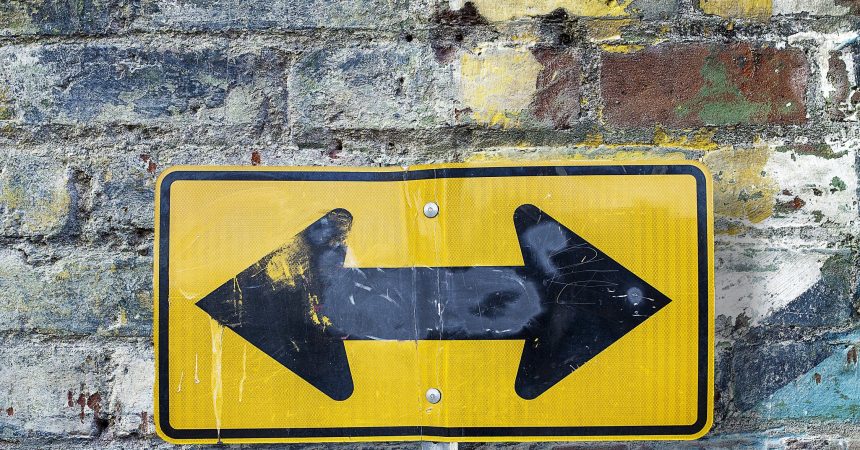Some addictive substances, such as legally prescribed medications or alcohol, are okay to use when taken with precaution or in moderation. However, misuse of these substances could lead to substance use disorder. A substance use disorder is a chronic illness characterized by compulsively seeking substances due to changes in the brain’s reward system.
Since addiction is a chronic illness, people diagnosed with a substance use disorder are likely to experience relapse. When relapse occurs, it is important for the person to receive immediate help to prevent them from spiraling further into their addiction. Understanding the signs of substance abuse will help you prevent yourself from spiraling further into addiction. The sooner you receive help for substance use disorder, the easier treatment will be.
Cognitive Signs of Addiction
One of the major cognitive signs of substance use disorder is emotional use of the substance. Many people who suffer from this use substances to relieve symptoms of a mental illness. If you find yourself seeking a substance when you are especially depressed, anxious, stressed, agitated, or otherwise upset, you may want to consider seeking treatment. A person who is addicted to a substance may find themselves thinking that having one more drink or taking one more pill will make them feel better. You may feel like you have to use this substance to feel okay or push away negative thoughts.
Another cognitive sign of substance use disorder is obsessive thinking. You may find yourself prioritizing finding or using a substance over other activities you used to take an interest in, like hanging out with friends or family, working towards your career goals, and even taking care of your physical and mental health. A person struggling with addiction may be in denial about the impact of their substance abuse. You may find yourself using the substance in secret to avoid having to confront your addiction.
If you are unsure if your use of substances is healthy, think about your relationship with medications or alcohol. Do you associate using the substance with stabilizing your mood? Are you ashamed of how frequently you use the substance? If the answer to either of these is “yes,” it’s important to seek treatment. There is no shame in seeking help, and the sooner you receive treatment, the sooner you’ll be on track to making healthier decisions.
Cognitive and psychological symptoms of addiction may include:
- Sudden mood swings
- Unexplained paranoia
- Anxiousness
- Lack of motivation
- Inattentiveness
- Irritability
- Changes in attitude
- Withdrawal from friends and activities
Physical Signs of Addiction
If you are experiencing severe physical symptoms from using a substance, get immediate medical help because you may be at risk of overdosing, which could be fatal. Physical symptoms of addiction are due to either withdrawal or overdose. Withdrawal symptoms occur when the reward system in your brain craves the drug to experience the type of pleasure that you may have previously experienced from other activities.
Physical symptoms of addiction may include:
- Enlarged or small pupils
- Inability to sleep
- Bloodshot eyes
- Sudden changes in weight
- Poor coordination
- Slurred speech
- A lack of hygiene
Physical symptoms of an overdose may include:
- Agitation
- Drowsiness or trouble walking
- Difficulty breathing
- Unconsciousness
- Nausea and vomiting
- Hallucinations
Physical symptoms of withdrawal may include:
- Trembling or shaking
- Fever and headaches
- Nausea and vomiting
- Seizures
- Inability to sleep
- Hallucinations
Self-detoxification can be very dangerous due to the potential severity of withdrawal symptoms. If you are looking to stop taking a prescribed medication due to addictive symptoms, talk to your doctor first. They may know a safe way to wean you off the medication and minimize the symptoms. However, if you are experiencing withdrawal symptoms from stopping alcohol or medication, it may be necessary to seek treatment from a facility that offers a detoxification program.
Rehab facilities have access to medications that may help relieve some of your withdrawal symptoms. Inpatient programs offer 24/7 care, so you will be constantly checked on to make sure that the detox process is going smoothly. Mental health professionals will also be easily accessible to help you manage your mental health symptoms.
Addictive Personalities
There is no conclusive evidence that only people with a particular type of personality are susceptible to addiction. However, genetic and environmental factors may put a person at risk for a substance use disorder.
Risk factors for developing a substance use disorder may include:
- Family history of substance use
- Economic status
- Exposure to substance abuse through friends or family
- Early aggressive behaviors
- Emotional or environmental distress
- Pre-existing mental health issues
These factors don’t always lead to addictive behaviors, and each factor may affect a person differently at different stages in the person’s life. However, if you show signs of addiction or experience withdrawal symptoms, contact a doctor or treatment facility to help you detox and recover safely and comfortably.
While it’s okay to enjoy alcohol in moderation or use medication for physical or mental health issues, these substances can become addictive when used for the wrong reasons. If you feel yourself becoming dependent on a substance, you need to seek help and receive treatment. Shoreline Recovery Center provides a safe space to work on negative behaviors and emotions that may be causing you to abuse a substance. Many people use substances to treat other mental health issues.
At Shoreline, we believe that substance abuse and co-occurring disorders should be treated simultaneously because we understand that one affects the other. Shoreline’s inpatient detoxification program offers 24/7 care; we want to ensure that your detox process is as painless as possible by providing both medical and mental health professionals to help you manage physical and mental withdrawal symptoms. If you suspect that you or a loved one is suffering from substance use disorder, please call (866) 278-8495 to learn more about our programs.







